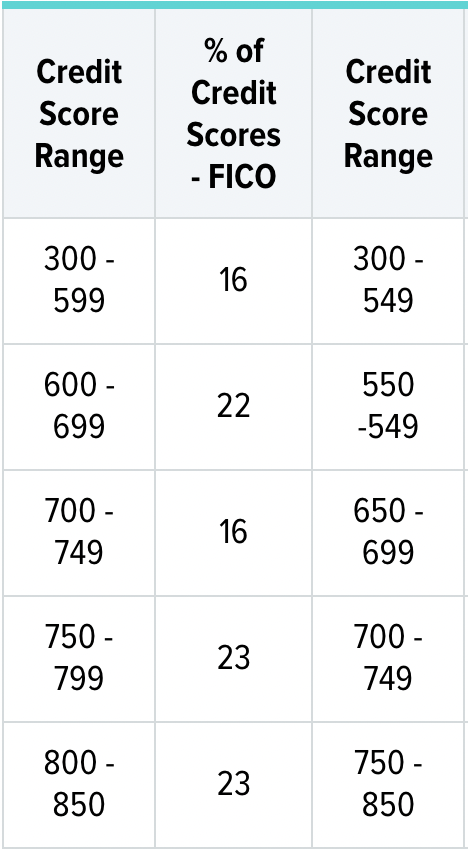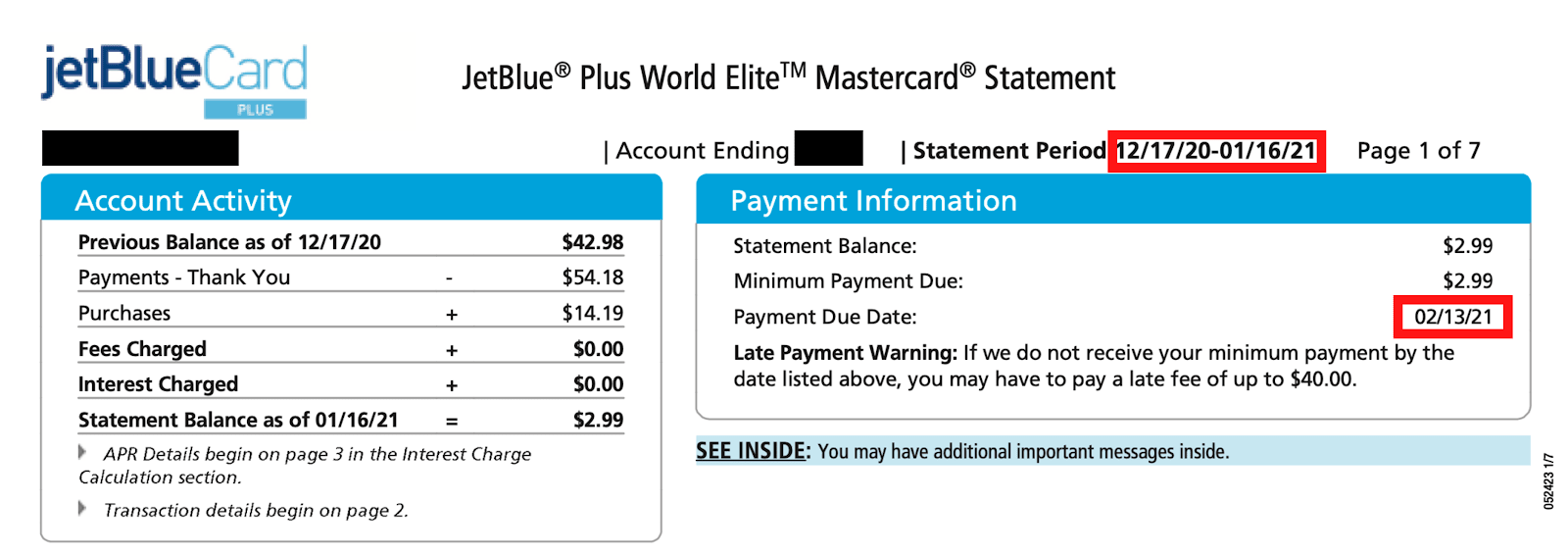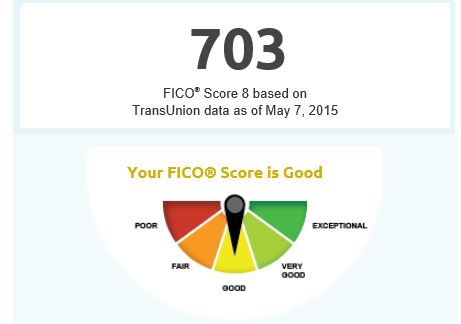
Credit cards have a feature known as credit utilization ratio. It measures the total amount of credit available for use, and is useful for calculating your total debt. Although they count towards the credit utilization ratio, installment loans are not considered credit. You must first understand how the utilization ratio works to fully appreciate its importance.
Credit card utilization ratio
An important number to keep track of is your credit card utilization rate. An excessive ratio could indicate excessive borrowing and lower credit scores. A low credit card utilization rate is a sign of responsible spending. You should aim to have a low credit card utilization ratio and to only use credit cards when it is necessary.

Self-utilization credit
The 2019 energy code allows residential battery systems to be eligible for a self utilization credit. The credit allows for the deduction of the TDV added by the residential battery system to the efficiency TDV. The credit is capped at a certain percentage of the PV-related TDV for a standard design, and varies by climate zone. The cap can be anywhere from 7% to 14% for single-family dwellings or 2% to 9 percent for multifamily buildings.
Installment loans
Using installment loans to pay off debt can improve your credit score, as long as you pay on time. Installment loans are not the same as revolving lines because you limit how much credit you can use at once. Failure to pay the loan on the due date will result in you having to reapply for a loan.
The credit utilization ratio doesn't include the installment loan.
Do not be worried about your credit utilization. Installment loans do not count toward your credit utilization ratio because they do not count towards your total debt. Revolving accounts are more detrimental to your credit score that installment loans. If you have too many revolving credit accounts, your credit score can be negatively affected. You can also have a negative impact on your credit score by having too many revolving account.
Payment of unpaid balances
You can improve your credit score by paying off credit card balances. It lowers your credit utilization percentage and saves you from paying interest on your credit card balances every month. Paying off balances is the best thing to do to raise your credit score. But, it's also important that your credit limit be increased. It's easier and quicker than paying off balances. This could lead to a hard inquiry and lower credit score. A single inquiry isn't usually significant, but multiple inquiries can affect your credit score.

Opening a new credit card
A new creditcard is a great opportunity to diversify you credit profile, increase your credit limit and enhance your rewards program. Although it might initially affect your credit score, you should not notice any significant changes over time. If you are able to pay on time, your credit history will improve.